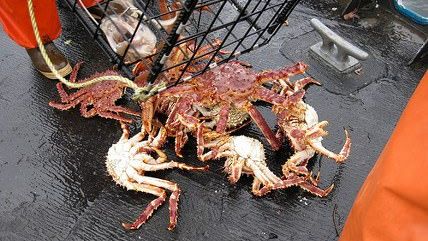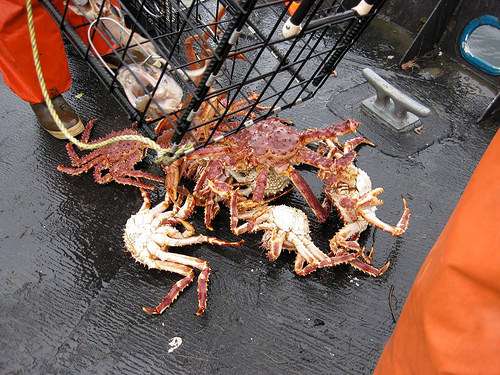The Government Shutdown and Our Permission Society
Many private harms caused by the government shutdown are due to its own insistence on meddling in our lives

Federal law requires employers check the citizenship status of anyone they hire to make sure any new employees are allowed to work in the United States. To facilitate the process, the Department of Homeland Security offers E-Verify, a free online service that cross-checks information from employment forms with the Social Security Administration and from other government records. Some states (and federal contractor guidelines) require employers to use E-Verify to check potential employees' legal status.
But E-Verify has been rendered "unavailable" by the government shutdown. The site states that during the shutdown, employers should make sure the familiar I-9 forms are still filled out as required, but E-Verify checks and deadlines are suspended until the shutdown ends. Nevertheless, the DHS has no control over enforcement of state hiring laws, making private employers skittish about hiring at all.
Some (particularly libertarians) might get excited about the shutdown of the invasive, bureaucratic functions of our federal government. But the shutting down of the government does not void the thousands of federal laws and regulations already on the books. It may make enforcement of them even more scattershot and unpredictable than they already were, but they're still there. In a society where the government demands we seek permission from them to engage in acts of commerce, the inability of businesses to actually comply is a good demonstration of the dangers of too much bureaucracy and regulation.
Last week, craft brewers became the poster children of this consequence. The Associated Press noted on Oct. 9 that the closure of the Alcohol and Tobacco Tax and Trade Bureau, part of the Treasury Department, has put the brakes on development of new small breweries. The bureau approves breweries, recipes, and labels, or at least it did until the shutdown:
Mike Brenner is trying to open a craft brewery in Milwaukee by December. His application to include a tasting room is now on hold, as are his plans to file paperwork for four labels over the next few weeks. He expects to lose about $8,000 for every month his opening is delayed.
"My dream, this is six years in the making, is to open this brewery," Brenner said. "I've been working so hard, and I find all these great investors. And now I can't get started because people are fighting over this or that in Washington. … This is something people don't mess around with. Even in a bad economy, people drink beer."

In the Pacific Northwest, the shutdown could ruin the king crab fishing season. The crabs will still be there, of course, but fishermen cannot get government permission to catch them. From KIRO TV in Seattle on Oct. 5:
Capt. Moore Dye of the Western Mariner fishing vessel said his crew was just preparing to leave the fisherman's terminal in Seattle. On Saturday morning, his crew worked on loading dozens of pots onto the boat.
"The king crab season is like the Super Bowl of crab fishing. It's short, it's a lot of money, really fast," Dye said.
But with the possible delay in the start of the season, challenges arise when trying to meet specific deadlines for shipments to Japan, the largest buyer.
"It'll more drive up the price for us to catch it. Because we have to sit around with the engines running, guys are sitting idle, so it could add up," he said.
The government is so involved in our lives that even basic commerce—simply hiring people—is threatened by political jockeying. Democratic Sen. Harry Reid attacked Republicans as "anarchists" for bringing about the shutdown. Nothing could be further from anarchy than fishing boats sitting idle, waiting for a government functionary to give sailors permission to work. And yet, the common response is anger about the government shutdown, not anger about having to jump through so many hoops in the first place. Even before the shutdown, it would take months for the Alcohol and Tobacco Tax and Trade Bureau to approve permits for craft breweries.
Of course, should the crab fishers attempt business as usual, they would undoubtedly find that the parts of government that enforce the regulations are still working. The federal employees with the ability to punish are still on the job.
Such is often the case when municipal governments face cutbacks as well. Citizens may discover it can take months to navigate government bureaucracy and workers point the finger at staff cuts. But fail to jump through the hoops, like small businesses in non-functional Detroit have attempted, and the bureaucrats and enforcers will come to shut it down.
Government has cleverly made itself impossible to live without because officials have made it illegal for nearly any commerce to take place without its extensive permission structure. The ultimate consequence of such broad government intervention in all aspects of the economy reinforces the idea that we cannot shut down or cut back government, because the regulatory structures and laws still exist.


Show Comments (38)